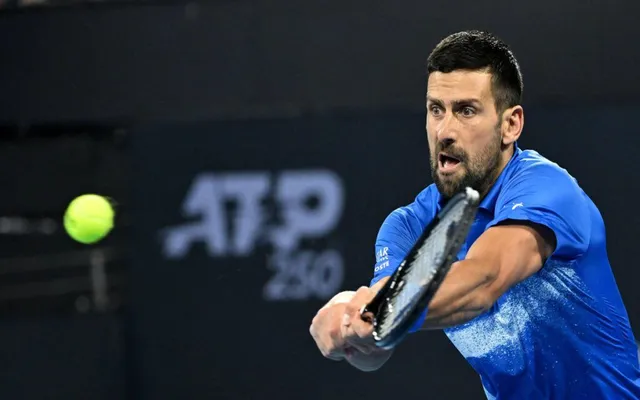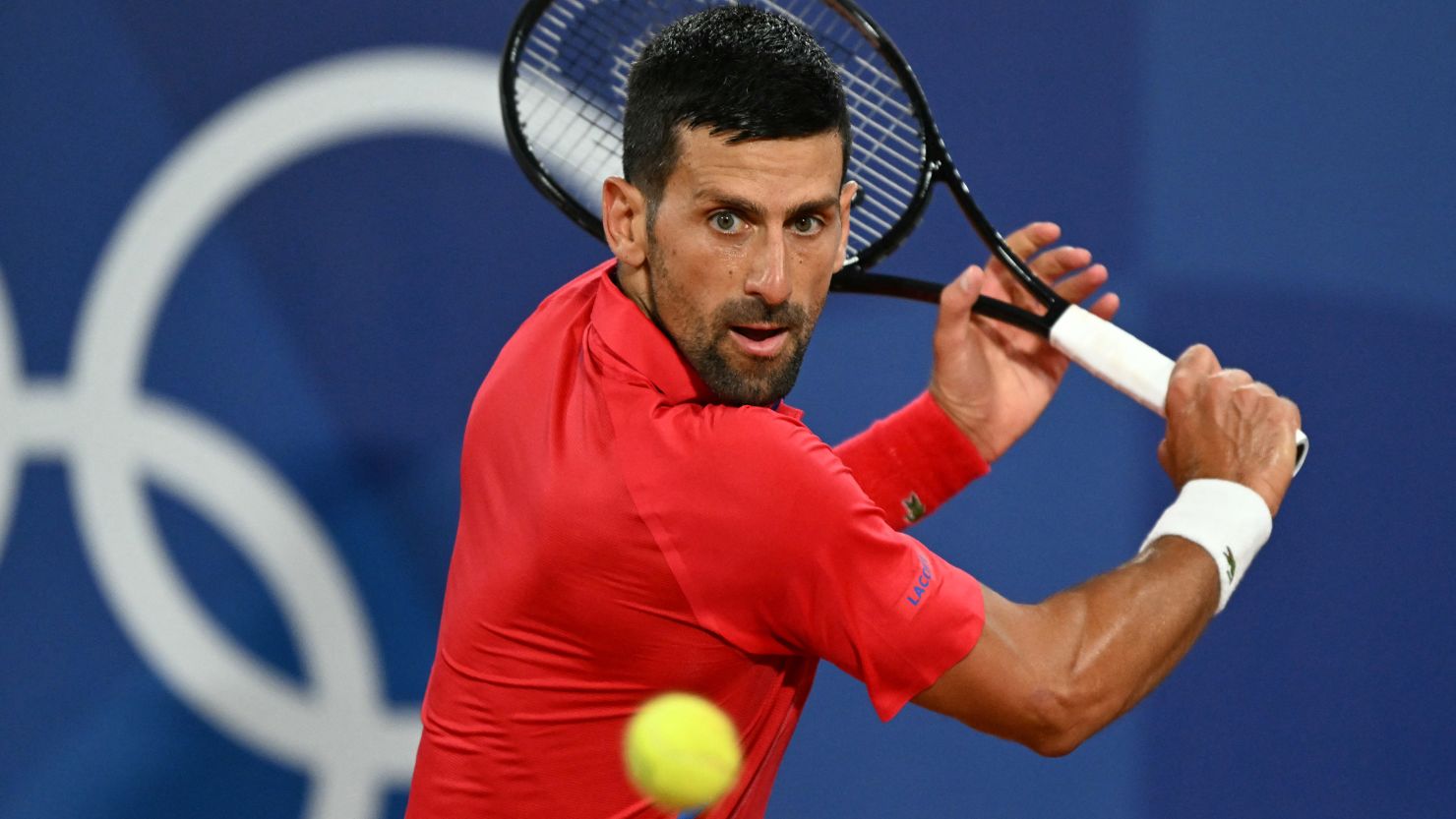As the Brisbane International captivates tennis fans, an important dialogue surrounding the sport’s prize money structure has taken center stage. Spearheaded by two of the ATP Tour’s most vocal figures, Novak Djokovic and Nick Kyrgios, the conversation has shed light on the financial challenges facing tennis players, especially those outside the top echelons.
Here's ads banner inside a post
Djokovic, a 24-time Grand Slam champion, returned to competition in Brisbane after a brief hiatus and immediately supported Kyrgios’ assertion that the ATP Tour faces systemic issues with prize money distribution. Both players have called for reforms that would bring tennis more in line with other global sports in terms of revenue sharing and player compensation.
The Prize Money Problem: Djokovic and Kyrgios Speak Out
During the Brisbane International, Djokovic addressed the topic following his victory in the round of 16. Reflecting on the financial landscape of professional tennis, Djokovic compared the revenue split in tennis with that of major American sports leagues such as the NFL, NBA, and MLB.
“In most major sports, the revenue share is around 50% between players and governing bodies. In tennis, it’s significantly lower,” Djokovic explained. “Each tournament governs its own prize money distribution, and there’s no unified system.”
Here's ads banner inside a post
Kyrgios, who partnered with Djokovic in doubles earlier in the tournament, was even more direct in his criticism. “The amount of travel we do is absurd, especially considering we don’t get paid what we should. It’s a joke,” he said after his singles exit.
The disparity is stark when compared to other athletes. Despite his illustrious career, Djokovic’s prize money earnings of $185 million are dwarfed by those of stars in other sports. Cristiano Ronaldo, for example, has amassed over $600 million, while LeBron James and Alex Rodriguez have earned significantly more in the NBA and MLB, respectively.
A Systemic Challenge for Tennis
Djokovic’s insights into the fragmented nature of tennis governance add weight to the argument for reform. He pointed out that the ATP, WTA, and Grand Slam tournaments all operate independently, making it difficult to implement a cohesive revenue-sharing model.
Here's ads banner inside a post
“We’ve tried to address this issue within the ATP council, but players only hold 50% of the power in decision-making,” Djokovic said. “There’s often a conflict of interest between tournaments and players, as we want different outcomes.”
This imbalance has wider implications for the sport. According to Djokovic, only about 400 professional tennis players worldwide earn a living from the game. Many lower-ranked players struggle to afford basic necessities like coaches and physiotherapists, underscoring the financial strain on those outside the top tier.
Advocating for Change
Djokovic’s involvement in player advocacy goes beyond his personal interests. As a founder of the Professional Tennis Players Association (PTPA), he has consistently argued for reforms that benefit lower-ranked players. By highlighting how few players can sustain themselves through tennis, Djokovic has drawn attention to the need for structural changes.
“The fact that players ranked 250th to 500th can’t afford a proper support team shows how flawed the system is,” Djokovic said. “This is the third most global sport, yet so few can make a living from it.”
Both Djokovic and Kyrgios agree that tennis must address these issues to ensure its growth and accessibility. The ATP Tour’s fragmented prize money structure not only limits players’ earning potential but also affects the sport’s overall appeal to emerging talents who may see greater opportunities elsewhere.
A Path Forward for Tennis
The calls for change from high-profile players like Djokovic and Kyrgios are part of a broader movement within tennis. By advocating for greater revenue sharing and a more unified governance model, they hope to make the sport more sustainable for all players, not just the elite.
While the challenges are significant, the willingness of influential players to speak out is a positive step toward meaningful reform. The sport must find a balance between rewarding its stars and supporting its broader ecosystem, ensuring that tennis remains a viable career choice for future generations.
For now, the spotlight remains on Djokovic and Kyrgios as they continue to push for change. Their efforts have sparked a necessary conversation, and the tennis world will be watching to see if their advocacy leads to tangible improvements in the near future.


